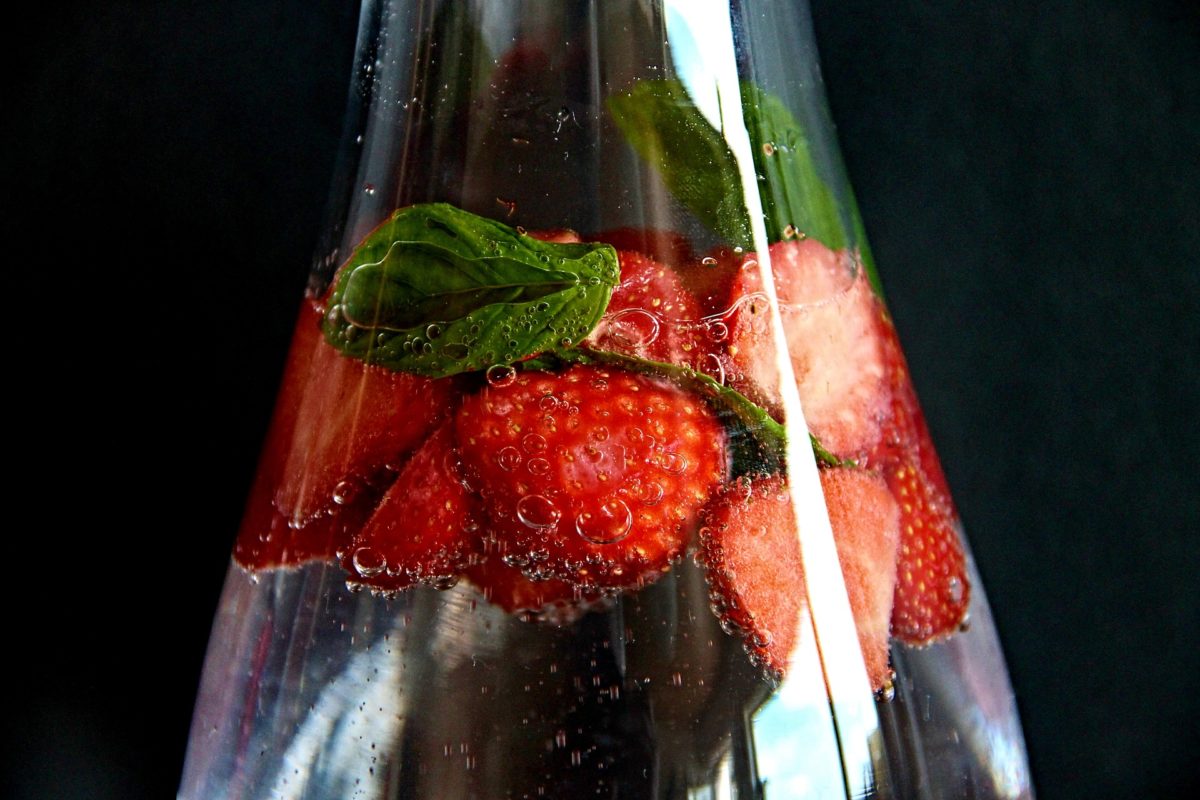What is BPA?
Bisphenol A (BPA) is an environmental endocrine disruptor with estrogenic activity commonly found in plastics, water bottles, canned goods, receipts, and the packaging of our personal care products.
Research shows that BPA exposure alters the functioning of our reproductive, metabolic, and neuroendocrine systems. Specifically, even low levels of exposure have been linked to increased triglycerides, cholesterol, insulin resistance, and infertility. Sperm concentrations are continually decreasing, and evidence shows BPA may be contributing.
How Does BPA Affect PCOS?
PCOS is the leading cause of female anovulatory infertility. It also puts us at greater risk of type 2 diabetes, metabolic syndrome, and heart disease.
A systematic review and meta-analysis reviewed 9 studies with a total of 493 women with PCOS and 440 women without PCOS as the control group. The researchers found that women with PCOS had increased amounts of BPA in their bodies. Eight of these studies assessed BPA in blood while one study assessed follicular fluid. These higher BPA levels were also associated with insulin resistance and hyperandrogenism (increased androgenic hormones like testosterone, body/facial hair, acne, etc).
So, what can we do about this? We can start with reducing exposure in our homes.
Steps to Reducing BPA Exposure
- Switch to glass containers instead of plastic. Even if a plastic container says “BPA-free” there may be other chemicals used instead, so glass is likely safer.
- Say no to paper receipts and opt for email or text instead. If you work with receipts often, wear gloves.
- Limit canned goods. Most goods that are canned can be found in other forms of packaging.
- Switch to personal care products that are BPA-free. BPA-polymers are used in some cosmetic products, and more readily, in cosmetic containers. BPA in plastic containers can leach into our cosmetics, especially over time and when heated, thus further potentially exposing ourselves through our skin.
While more research is needed in this area, there is no harm in making small efforts to reduce our environmental exposure where we can. One day we may be very thankful we did!
In health,
Dr. Dylan Cutler, Ph.D.
